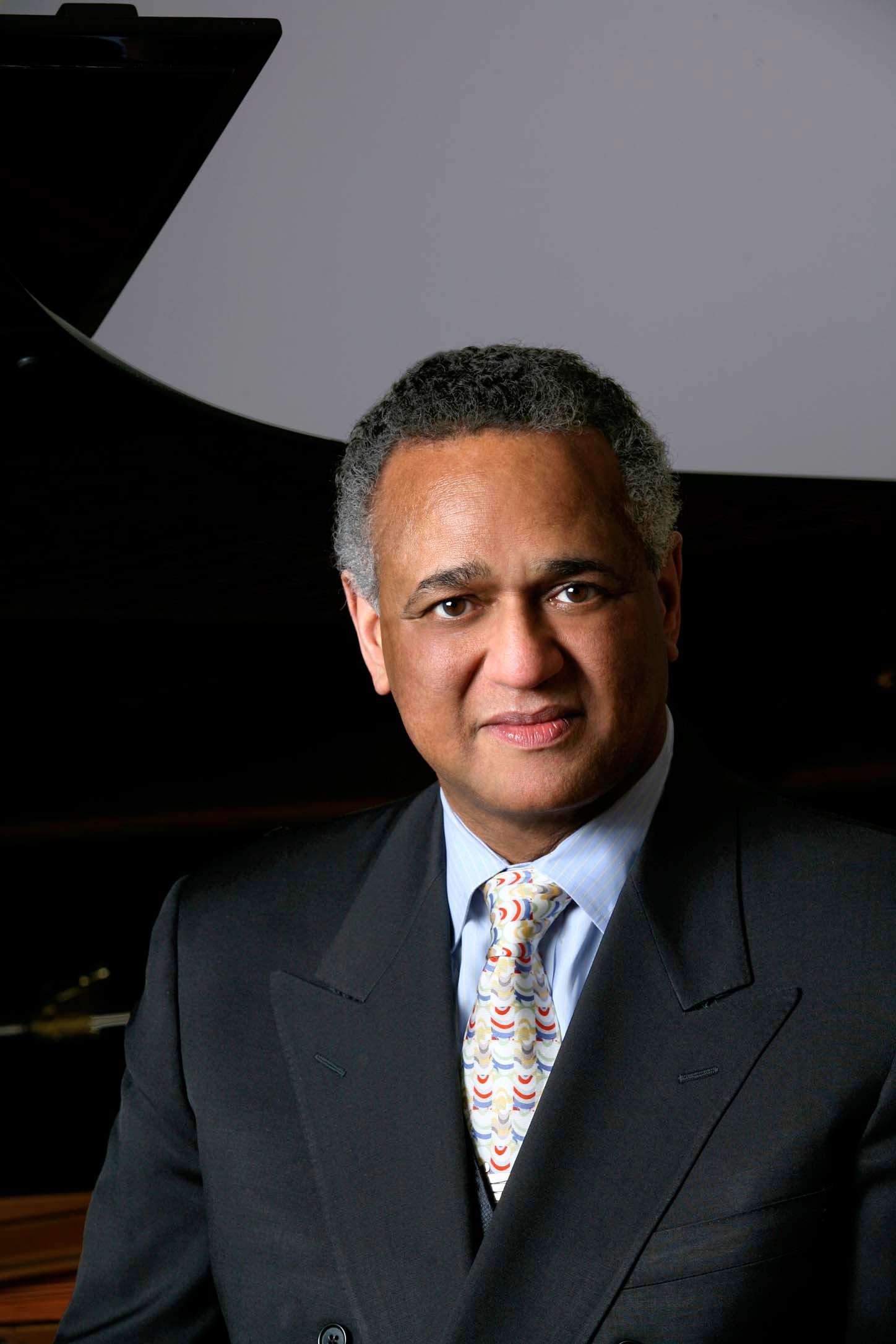|
Back
On the Edges of Romance New York
Avery Fisher Hall, Lincoln Center
12/05/2012 - & December 6, 8, 11, 2012
Carl Maria von Weber: Overture to Oberon
Sergei Rachmaninov: Piano Concerto No. 2 in C Minor, op. 18
Richard Strauss: Fantasie from Die Frau ohne Schatten – Suite from Der Rosenkavalier
André Watts (Pianist)
New York Philharmonic Orchestra, Juraj Valcuha (Conductor)

J. Valcuha (© Vermont Classics/NY Philharmonic)
The New York Philharmonic debut of Slovakian conductor Juraj Valcuha last night was not exactly a romantic occasion.
Specifically, the opening Carl Maria von Weber overture was cusped on the beginning of the Romantic Age. The following three works were written post-Romantic Age, and neither Sergei Rachmaninov nor Richard Strauss had the desire to enter the future. Both composers were more than happy to pursue their own angels of luscious, beautiful tuneful music. If not oblivious to the Stravinskys and Schoenbergs of the 20th Century, they marched to their own drummer (as well as their own piano and strings)
But Mr. Valcuha, presently the conductor of the Turin Symphony Orchestra, has been making a distinguished name for himself around Europe, and this month is making a grand tour of American orchestras. Obviously he has the Romantic era in his heart and his baton. He is highly energetic, he plunks down the Rosenkavalier waltzes with accentuated rhythms, and the opening Oberon overture was given a melodious reading.

A. Watts (© Steve J. Sherman)
Yet there was little doubt that much of the audience came to hear André Watts, who is making his hundredth appearance with the New York Philharmonic this month.
After 50 years on the concert stage, Mr. Watts has the experience and mastery for the great Romantic concertos. He is not one to fool around with more advanced music, nor do I recall him ever playing Bach or Mozart in public. Perhaps he does program them, but his musical temperament naturally partners with Tchaikovsky, Liszt, Rachmaninov, MacDowell and Saint-Saëns.
Those are hardly limitations, for he gave a very mature performance of the Rachmaninov Second Concerto last night. We’ve had a lot of that Russian recently–Alessio Bax gave an elegant solo recital, and Alan Gilbert last week gave a powerhouse, volcanic reading of the Symphonic Dances. But Mr. Watts gave the most popular piece of all, and played it with both seriousness and at times tingling emotion.
This performance was not the bravura, showoff playing of his youth. He was always an excellent musician, but his early performance on record (and one where I saw him with Bernstein) glittered like jewels. Last night, Mr. Watts and Mr. Valèuha teamed together with a more melodious, lyrical, extremely comfortable performance. For such a familiar piece, that was perfectly fine. Mr. Watts let this most impaired music speak for itself.
The last eight minutes, though, Mr. Watts decided to give it a powerful, even bouncing end. His feet literally bounced on the pedals, and his fingers both exploded and danced to the brilliant finale.
Mr. Valcuha was more than adequate for the other three pieces. Yet one didn’t remember his conducting so much as Philip Myer’s horn solos. Mr. Myer began with the Weber Oberon played some delicious solos during the Rachmaninov, and of course was the leading soloist in both Strauss tapestries.
(Strauss’s father was the great French horn player in Munich, and methinks he wrote such difficult solos as a kind of Oedipal challenge. But probably I’m wrong.)
That opening Weber was pastoral enough, but it was a different story for the suite from The Woman Without a Shadow. This was not the conductor’s fault. For the suite, written while Strauss was convalescing from a serious operation, is an undifferentiated orchestral tapestry. The great themes of the opera pop out every so often, but in between, the orchestra plays in a monochromatic pulp. Mr. Valcuha managed to make it exciting at times, but most of us were happy to get on with the Rosenkavalier Suite.
That work is translucent, glistening, bounces and sways. True, I have seen conductors let this piece float to a point where audiences would almost want to get to their feet and dance. Last night, heads did bob and a few fingers bounced. Like the Rachmaninov, its familiarity with such a competent conductor was sufficient in itself.
Harry Rolnick
|